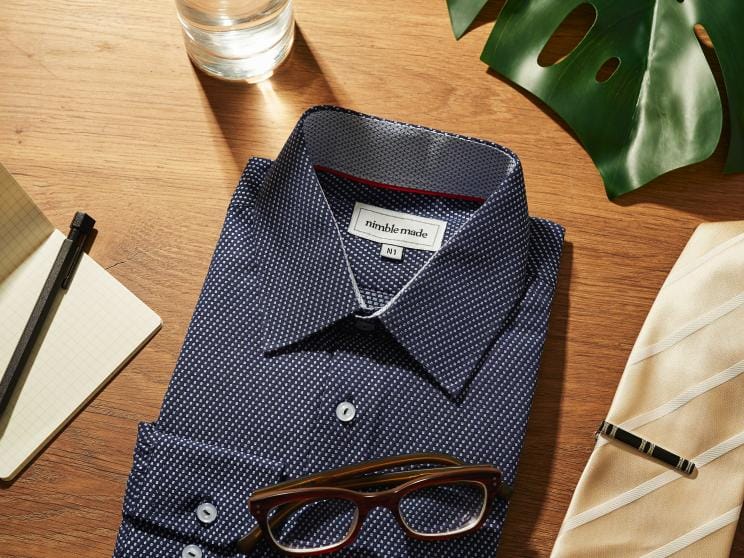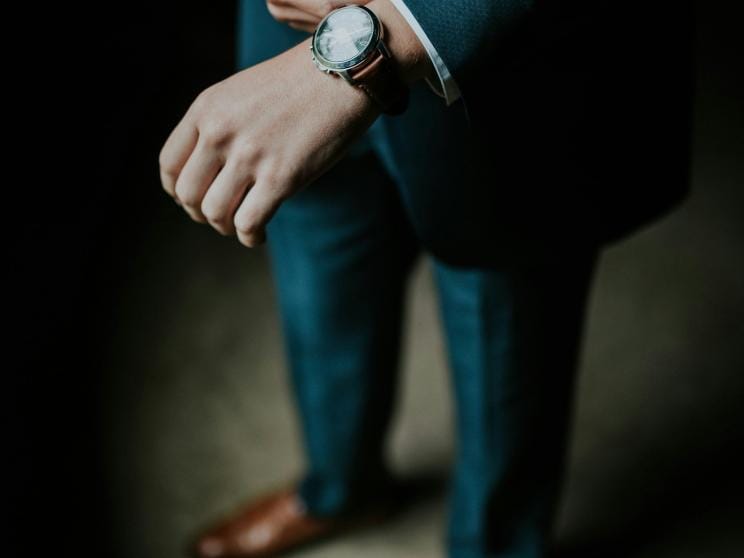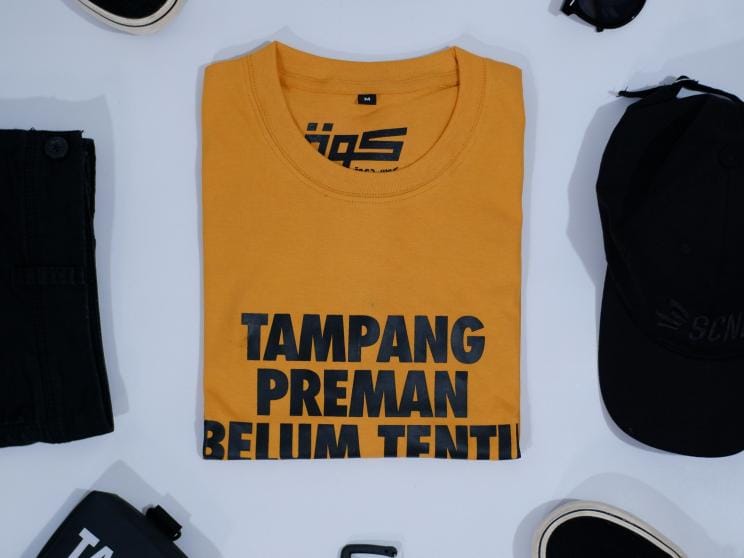Serious without suits: The new trend to follow

In the last few days, I have been humming "Nothing suits me like a suit," — the How I Met Your Mother song, featuring Barney Stinson's obsession with this attire. It is not only our good old Barney who has this obsession: millions around the world share it, at least when it comes to formal occasions and even in terms of everyday office wear. But while humming it, I have also been challenging Barney along with the millions of others: Do we really need to be in a suit to exude power, to mean business?
Is it the time to talk about such trivial and useless matters though, when the country is going through such a massive transition? As it turns out, it's all related! Call me the lord of useless things but it is indeed with peculiar curiosity I notice some of the student leaders in casual wear, even on the most formal of occasions. I will remember these the next time I am invited to any black tie event!

If you are judging someone by the clothes s/he wears, you are essentially judging the book by its cover. Formal wear does not necessarily mean someone is serious, sincere, powerful, or good at his/her job.
One of Google's philosophies or principles, written in the organisation's initial years, states that "you can be serious without a suit." The casual work environment does not stop the flow of ideas and their execution.

Even more boldly, business tycoon and Shark Tank star Mark Cuban, once asserted, "I'm not a suit hater, I just could never think of any good reason for any sane person to wear a suit in the first place."
Meanwhile, two visionaries of the tech industry, Steve Jobs and Mark Zuckerberg, remind us of their own "uniforms" or staple wear at work — Jobs with his black turtleneck and Zuck with his grey tee. Signature styles or personal branding tactics these may well be, but another possible reason is the avoidance of the everyday decision-making chore of what to wear, as the Facebook founder had explained, "I really want to clear my life to make it so that I have to make as few decisions as possible about anything except how to best serve this community."
However, Zuckerberg did wear a suit in the court proceedings!

Back to our country — in the past few days — many status updates, people's comments, and memes emerged regarding formal versus casual, that have made us chuckle. To illustrate, a meme showed suited-up students during mere 5-mark presentations in classrooms on one hand and students in casual wear at serious, high-level events on the other.
Meanwhile, Tanvir Sultan, MBA (a satire page on Facebook) posted a group photo of Dr Yunus in the middle, with two student leaders on either side — with the caption: "Wearing a T-shirt and Crocs is not suitable attire for the workplace."
Jokes aside, people are used to seeing professionals, politicians, etc. in formal wear. Panjabi is commonplace too, be it the more formal ones or even the simple white ones.

Compared to that, tucked-out shirts and tee shirts are an interesting change of scene. Among all the changes we are seeing, this matters little, other than strongly pointing out that conventional formal wear, in general, may imply — well, nothing!
Sure, it is perfectly fine to clad in panjabi or formal wear, but the pressure or expectation of it should also go away.
I'd rather prefer an honest government official/politician/bureaucrat in the most carefree attire, over a "suited-booted" one who is corrupted to the core and does not represent people's demands!



 For all latest news, follow The Daily Star's Google News channel.
For all latest news, follow The Daily Star's Google News channel.
Comments